Bible study: Esther as an example of bravery and God’s providence
I’ve been listening to this FREE two-volume series on the book of Esther featuring pastor Alistair Begg. A whole bunch of interesting things stuck out to me, so I’ll write about one of them today.
First, Esther is a Jewish woman whose father or mother died when she was young. She was adopted by Mordecai, another Jew. She was very beautiful, so she was picked to be part of the Persian King’s harem. In fact, she is so beautiful that the King chooses her to be the Queen.
Now there is an enemy of the Jews in the King’s court named Haman, and he manages to get the King to create an edict that says that all the Jews will be killed. Mordecai calls Esther to tell her that she has to stop the King from ordering this edict.
But Esther is out of favor with the King and hasn’t been asked to come in to visit him for some time. To go in and see the King without being summoned is a capital offense. Unless the King gives permission, she would be killed for intruding on the King. But in the end, she agrees to speak up and say something.
It all gets resolved in Esther, chapter 4.
1 When Mordecai learned all that had been done, he tore his clothes, put on sackcloth and ashes, and went out into the midst of the city and wailed loudly and bitterly.
2 He went as far as the king’s gate, for no one was to enter the king’s gate clothed in sackcloth.
3 In each and every province where the command and decree of the king came, there was great mourning among the Jews, with fasting, weeping and wailing; and many lay on sackcloth and ashes.
4 Then Esther’s maidens and her eunuchs came and told her, and the queen writhed in great anguish. And she sent garments to clothe Mordecai that he might remove his sackcloth from him, but he did not accept them.
5 Then Esther summoned Hathach from the king’s eunuchs, whom the king had appointed to attend her, and ordered him to go to Mordecai to learn what this was and why it was.
6 So Hathach went out to Mordecai to the city square in front of the king’s gate.
7 Mordecai told him all that had happened to him, and the exact amount of money that Haman had promised to pay to the king’s treasuries for the destruction of the Jews.
8 He also gave him a copy of the text of the edict which had been issued in Susa for their destruction, that he might show Esther and inform her, and to order her to go into the king to implore his favor and to plead with him for her people.
9 Hathach came back and related Mordecai’s words to Esther.
10 Then Esther spoke to Hathach and ordered him to reply to Mordecai:
11 “All the king’s servants and the people of the king’s provinces know that for any man or woman who comes to the king to the inner court who is not summoned, he has but one law, that he be put to death, unless the king holds out to him the golden scepter so that he may live. And I have not been summoned to come to the king for these thirty days.”
12 They related Esther’s words to Mordecai.
13 Then Mordecai told them to reply to Esther, “Do not imagine that you in the king’s palace can escape any more than all the Jews.
14 For if you remain silent at this time, relief and deliverance will arise for the Jews from another place, and you and your father’s house will perish. And who knows whether you have not attained royalty for such a time as this?”
15 Then Esther told them to reply to Mordecai,
16 “Go, assemble all the Jews who are found in Susa, and fast for me; do not eat or drink for three days, night or day. I and my maidens also will fast in the same way. And thus I will go into the king, which is not according to the law; and if I perish, I perish.”
17 So Mordecai went away and did just as Esther had commanded him.
What Mordecai is saying here is that God is sovereign over the events that are taking place, and that even if Esther makes a free decision to not intercede to save her people, then God will do something else. Somehow, telling her that makes her agree to take the risk and go in to see the King. Even though it is illegal to go in to see the King, she is going to risk her life and do it. And the message there is that God made her beautiful, and placed her in the palace, for exactly this purpose. Her beauty has a purpose.
Before then, she may not have been the most morally pure Jew, nor the most faithful Jew, nor some great authority on theology or apologetics. She was probably keeping her faith pretty hidden. But in that one moment, she rises above being an orphan, above being a harem girl, and above being just a pretty face. God can use anyone – even a silly girl who spends all day in front of a mirror playing with cosmetics – to achieve his ends. She is not Daniel. But today she is getting the call, anyway. It’s on her.
What is the lesson here? God can use anybody. It doesn’t mean that you shouldn’t be moral, study theology, and study apologetics, and keep your character clean so you have self-control. It means that any believer is just one step away from glory, no matter what they did in the past. That’s how God rolls.
Further study
If you are interested in the story of Esther, then you should listen to the entire series by Alistair Begg.
- Volume 1 is here (download all in a zip file)
- Volume 2 is here (download all in a zip file)
The point I am making in this post is in this lecture.
Esther is about two themes: 1) how should a believer in God live in a society where believers are a minority? And 2) even when things look really out of control, God is in control and is never more than one step away from saving his people.
I have a lot of Christian apologist friends who struggle to go to church and struggle to read the Bible. The links above will take you to some great preaching on one of the most interesting books of the Bible. Go there, grab the MP3s, and listen to them with no distractions.
Original Blog Source: http://bit.ly/2WV31HD

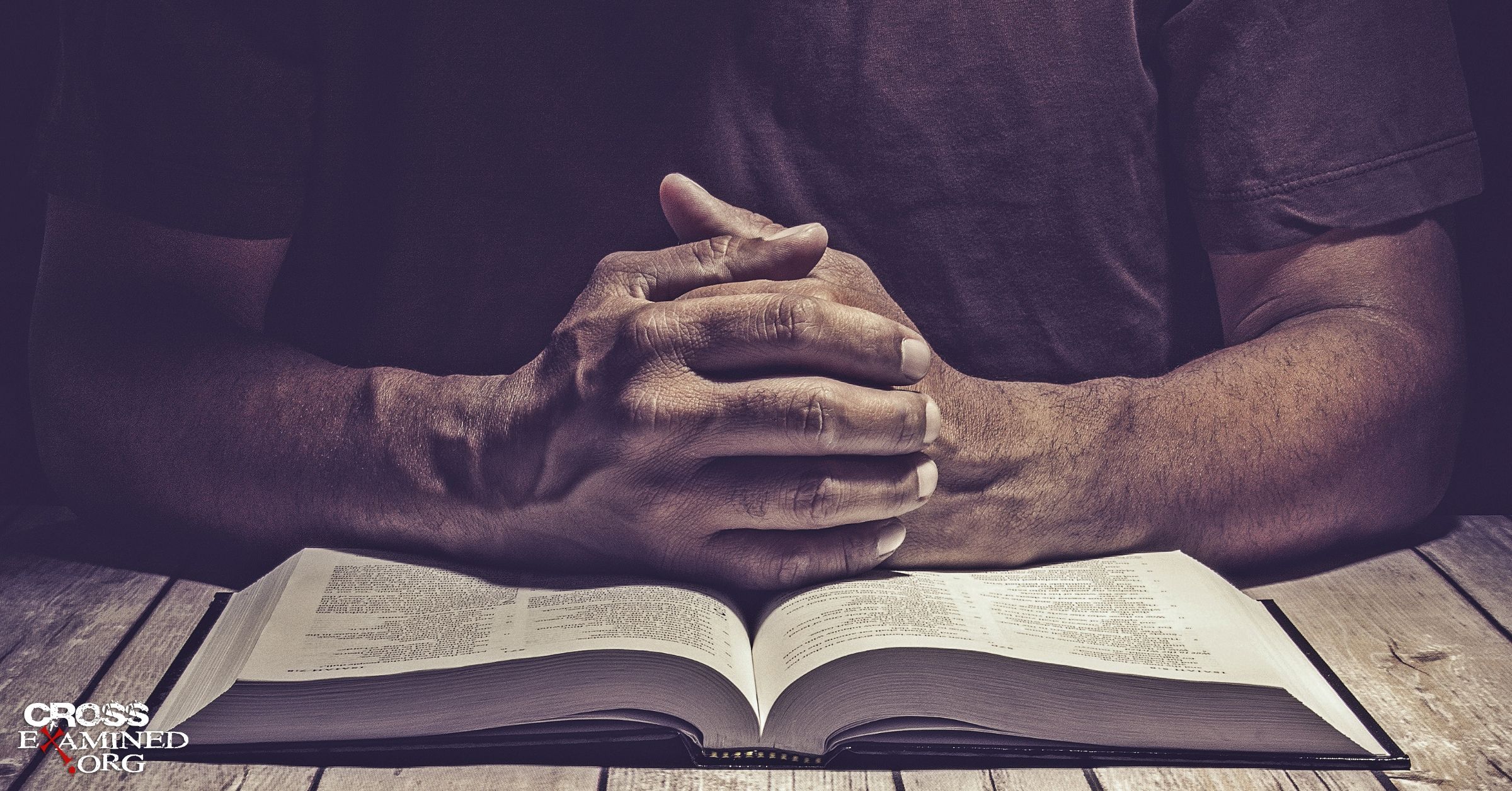

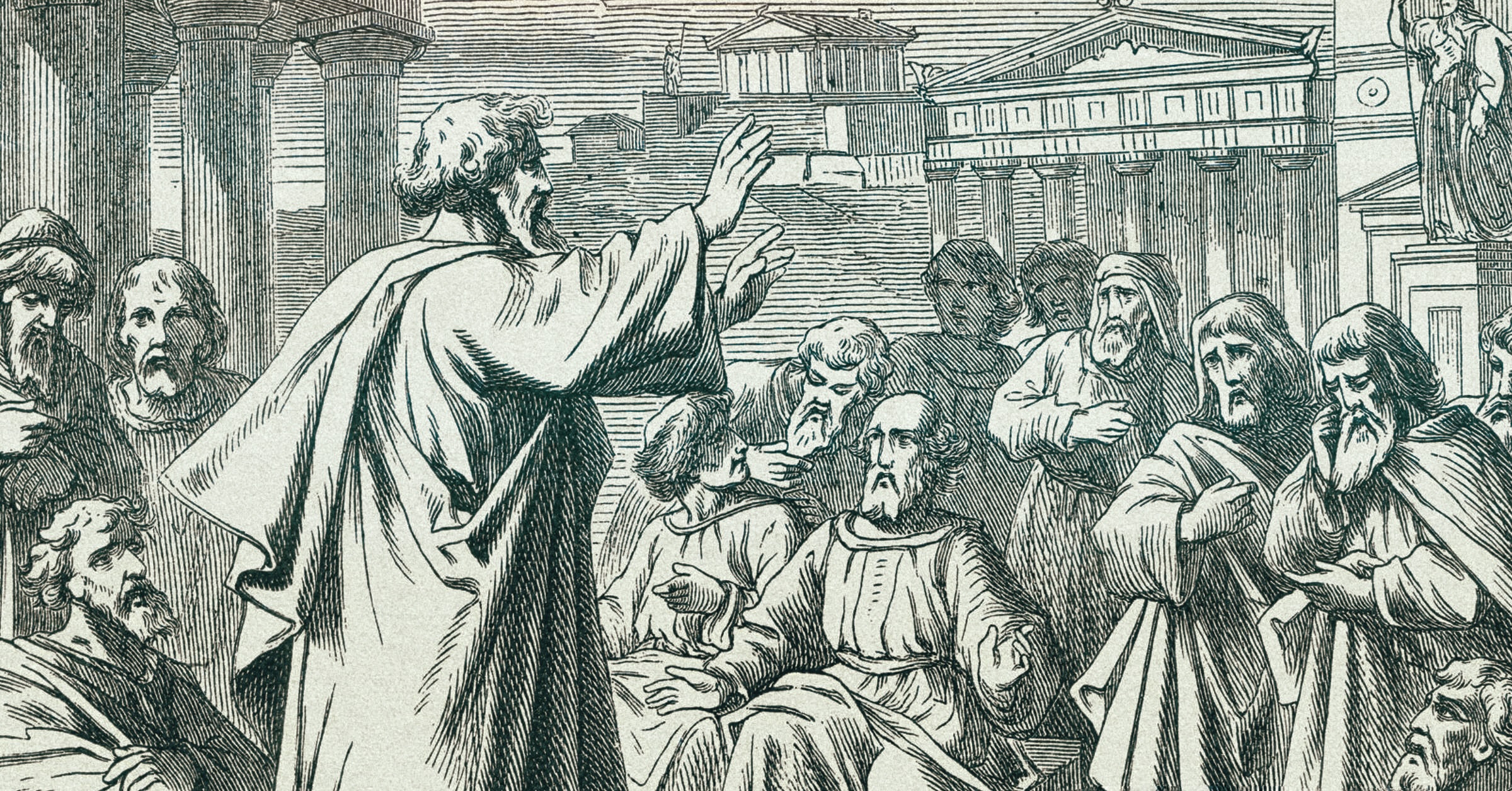
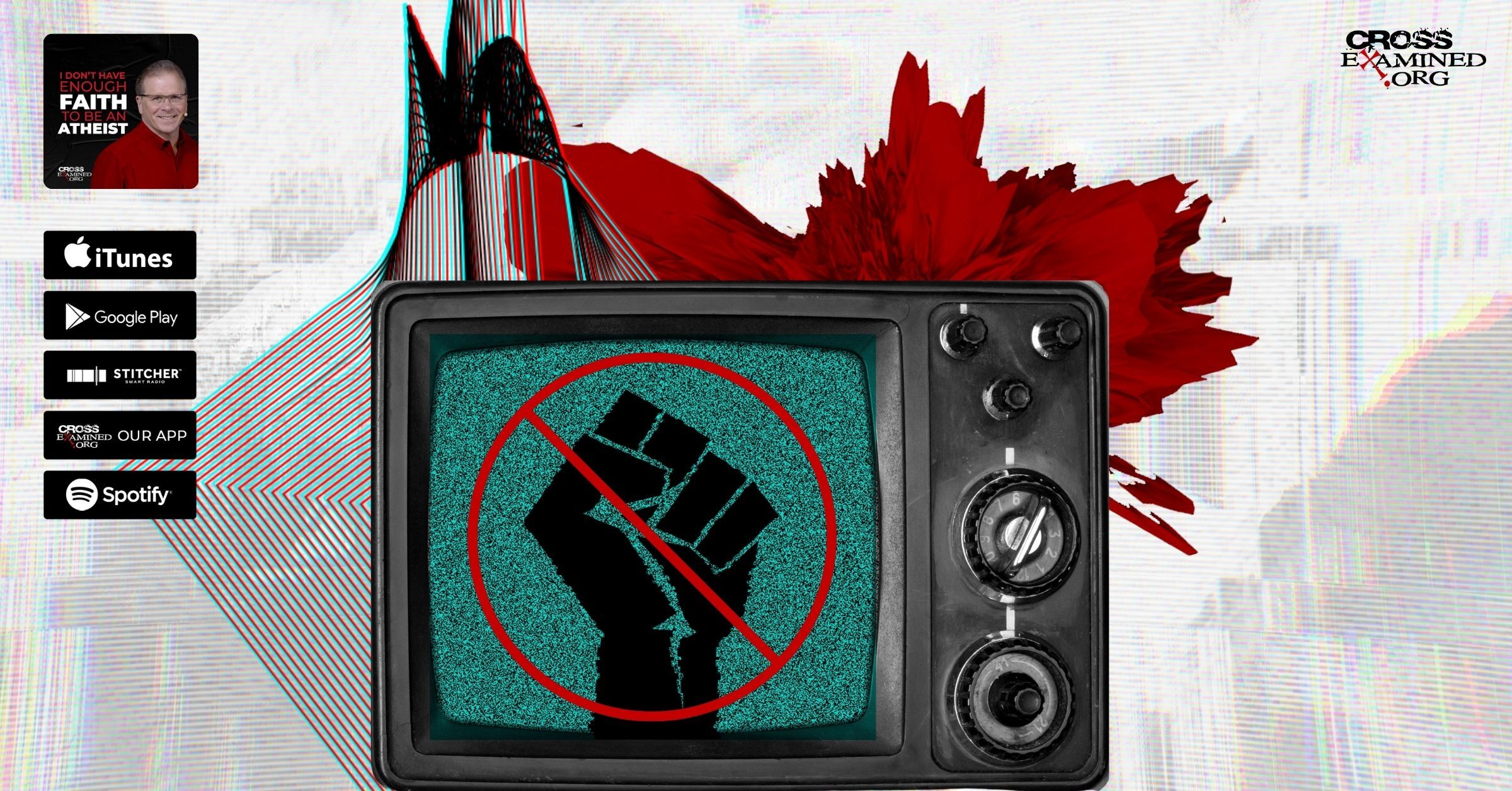

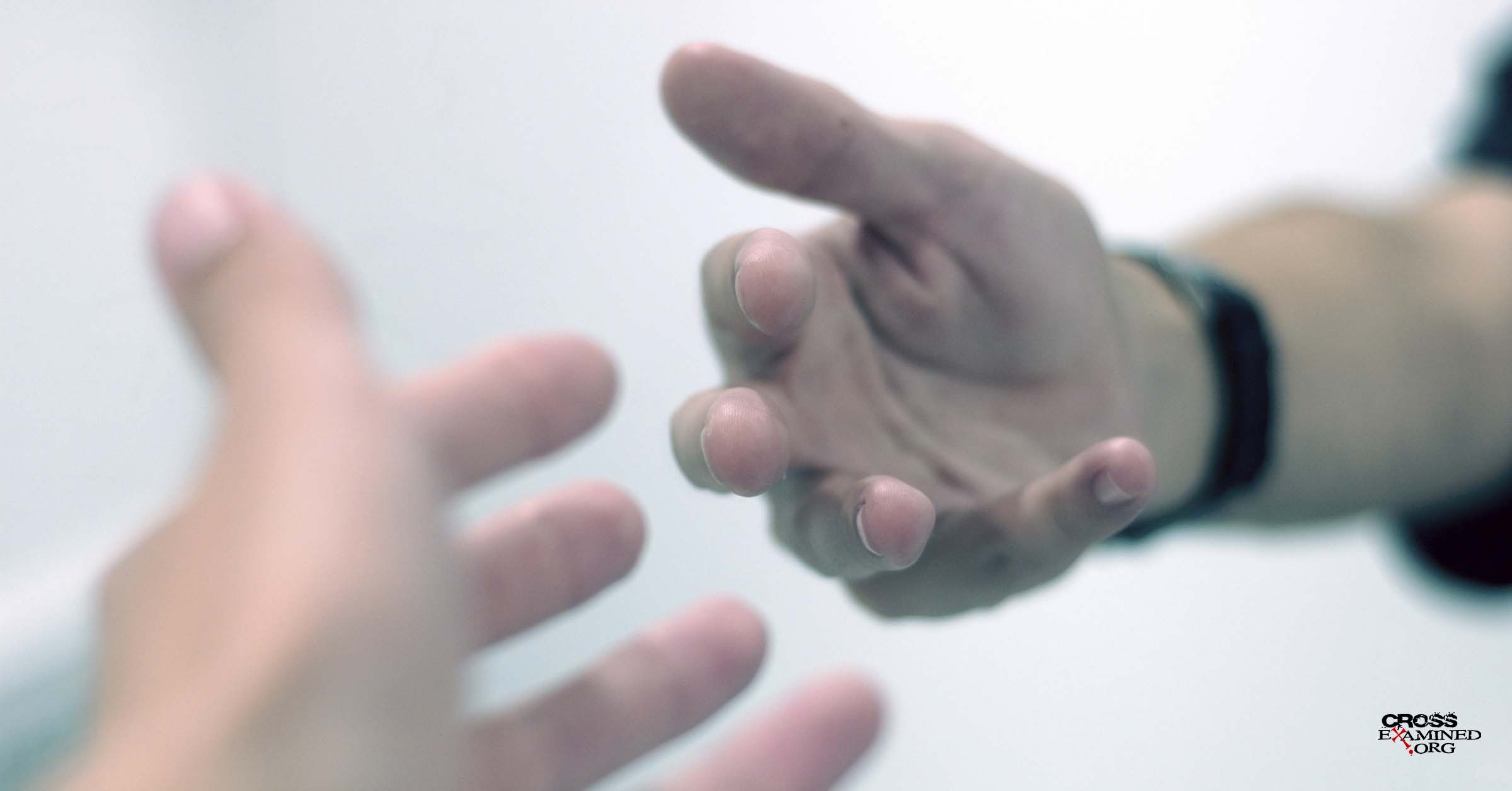

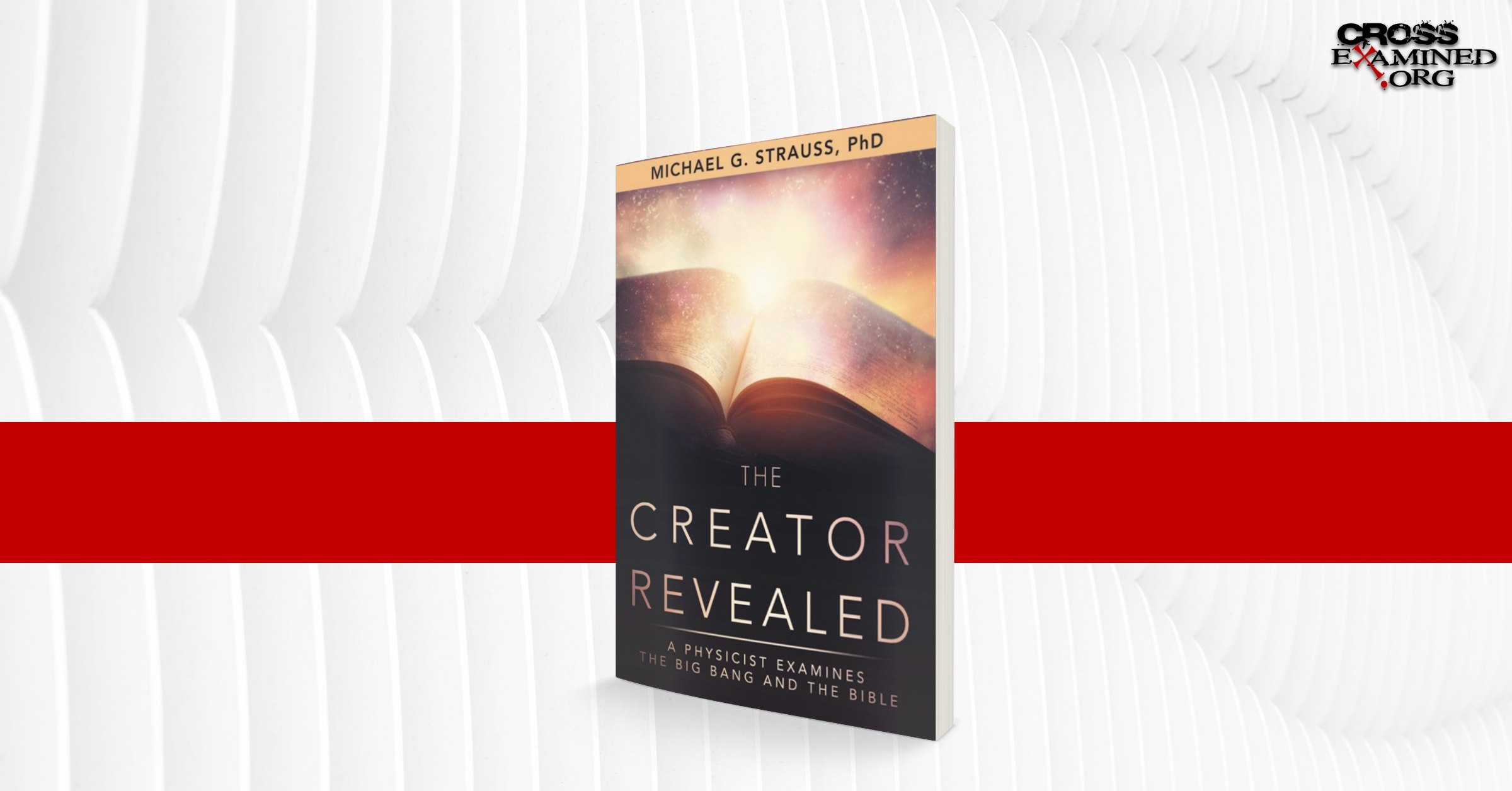
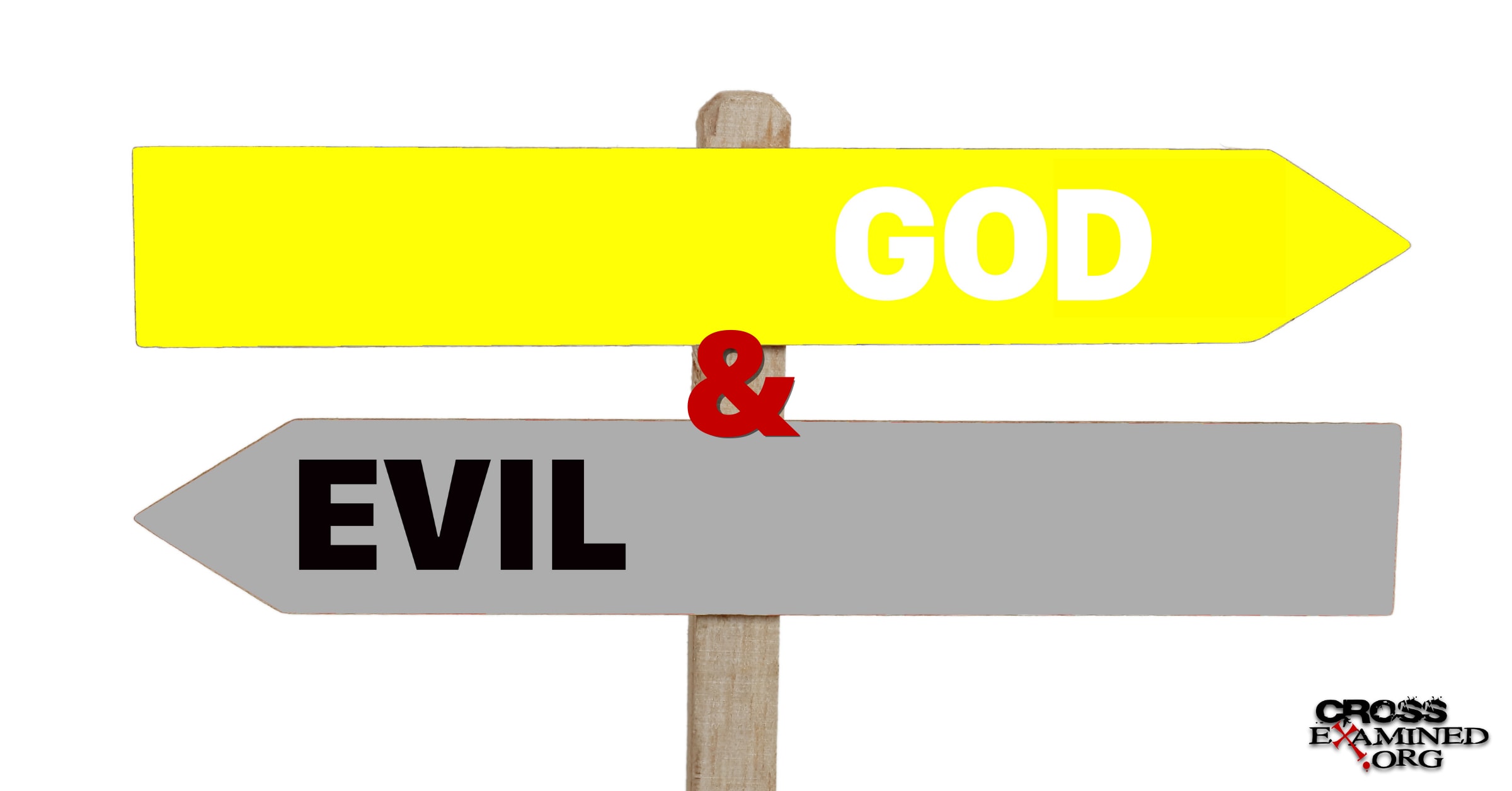

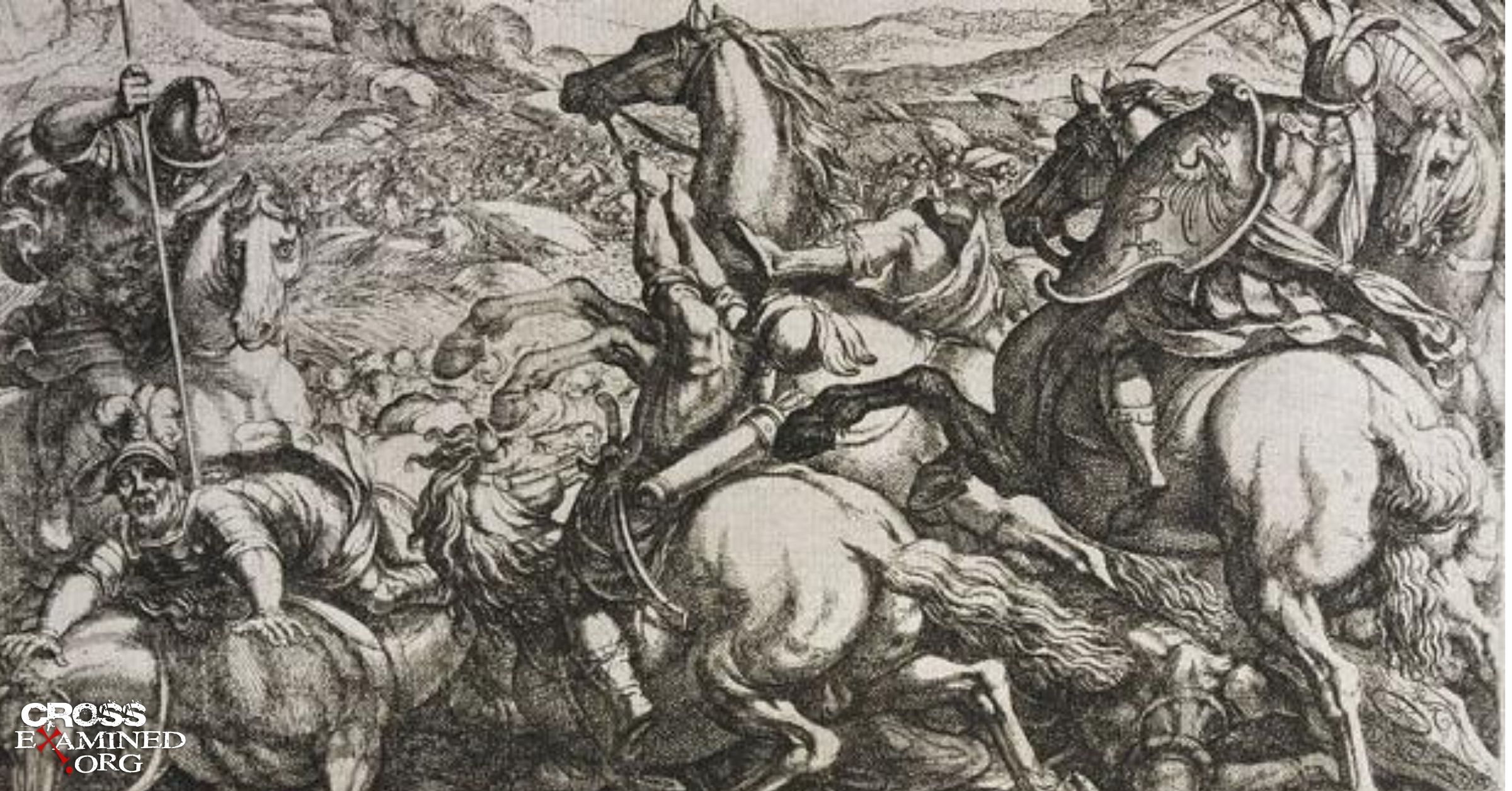
Leave a Reply
Want to join the discussion?Feel free to contribute!